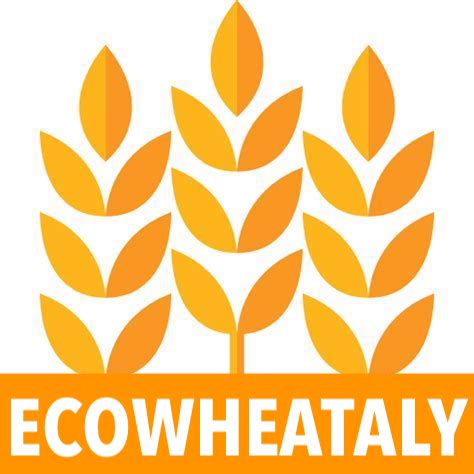From 10 to 17 October 2025, the FAO headquarters in Rome hosted the organization’s 80th anniversary and the sixth edition of the World Food Forum (WFF).
It was a week of dialogue, science, and cooperation, bringing together thousands of participants — governments, researchers, youth, NGOs, and the private sector — to discuss the future of food systems and agriculture.
Under the theme “Hand in Hand for Better Foods and a Better Future”, the Forum aimed to accelerate the transformation of global agrifood systems — making them more inclusive, sustainable, and resilient in the face of the growing climatic, hydrological, and socio-economic crises threatening food security worldwide.
A Forum of Convergence: Science, Investment, and Youth
The 2025 WFF unfolded along three main tracks:
- Global Youth Action, empowering young generations to lead change in food and agriculture;
- The Science and Innovation Forum, dedicated to research, data, and technology for sustainability;
- The Hand-in-Hand Investment Forum, focused on partnerships and funding for agricultural transformation.
Alongside these, FAO hosted thematic events such as the Rome Water Dialogue, highlighting the need for responsible and efficient water management — a topic with deep relevance for cereal cultivation and particularly for wheat in Mediterranean regions.
Wheat, a Cross-Cutting Presence
Although wheat was not the subject of a dedicated plenary session, it emerged several times as a symbolic crop in the broader debate on sustainable agriculture.
During the Science and Innovation Forum, FAO recognized projects on sustainable wheat cultivation among the best practices for agricultural innovation, while in the Investment Cases 2025 document wheat was included among the strategic “grain crops” prioritized for rural development under the Hand-in-Hand initiative.
In addition, FAO data released just before the Forum reaffirmed the vulnerability of wheat to climate change: by 2100, up to half of today’s suitable land for wheat production may no longer be viable, especially in tropical and semi-arid regions.
While this finding was not discussed in a single session, it echoed throughout the discussions on food security, land degradation, and crop adaptation.
A Direct Link with EcoWheataly
For those working on the sustainability of cereal supply chains — such as EcoWheataly — the WFF 2025 offers a natural point of reference.
The key priorities raised in Rome — climate resilience, water efficiency, genetic innovation, territorial cooperation — are perfectly aligned with the project’s scientific and operational vision.
EcoWheataly was created to analyze and improve the sustainability of durum and common wheat production in Italy through data-driven assessment, environmental indicators, and policy analysis.
This data-based, cooperative approach mirrors the philosophy of the WFF: transforming agriculture through science, collaboration, and equity.
The connection is therefore both:
- Thematic, since wheat embodies the major challenges of water use, soil fertility, fertilizer efficiency, and farm profitability;
- Methodological, as EcoWheataly’s integration of research, data, and governance directly reflects the WFF’s call for science-based transformation.
From the Mediterranean to the World
During the Rome Water Dialogue, the Forum emphasized the importance of Mediterranean cooperation for sustainable water resource management.
This aligns closely with EcoWheataly’s ongoing research on the link between water availability, yields, and adaptive strategies in Mediterranean wheat systems.
The region stands as a living laboratory of the very trends highlighted at the WFF: water scarcity, desertification, and the search for resilient varieties and sustainable farming practices.
Beyond the Forum: A Shared Agenda
The message from the WFF 2025 is clear: no food system can be sustainable if it is not also inclusive, equitable, and science-based.
For EcoWheataly, this means continuing to generate shared knowledge on the relationships among agricultural inputs, yields, and environmental impacts, offering policymakers and producers tools for informed, data-grounded decisions.
Even if wheat was not the Forum’s main protagonist, it remains a universal symbol — an ancient crop that feeds humanity and now serves as a barometer for climate resilience and food security.
In its apparent simplicity lies the measure of our capacity to turn agriculture into a genuine driver of cooperation and sustainability.
Sources:
- FAO (2025). World Food Forum 2025: Hand in Hand for Better Foods and a Better Future.
- FAO (2025). Rome Water Dialogue – Transforming Agrifood Systems through Water Sustainability.
- FAO (2025). Investment Cases 2025: Hand in Hand Initiative.
- FAO (2025). 80th Anniversary Summary Report – World Food Forum Highlights.
- FAO (2025). New data shows that crops like wheat, coffee, beans and cassava could lose half of the best land for growing them by 2100.
- EcoWheataly (2025). Data-Policy Interfaces for Sustainable Wheat Chains in Italy.

